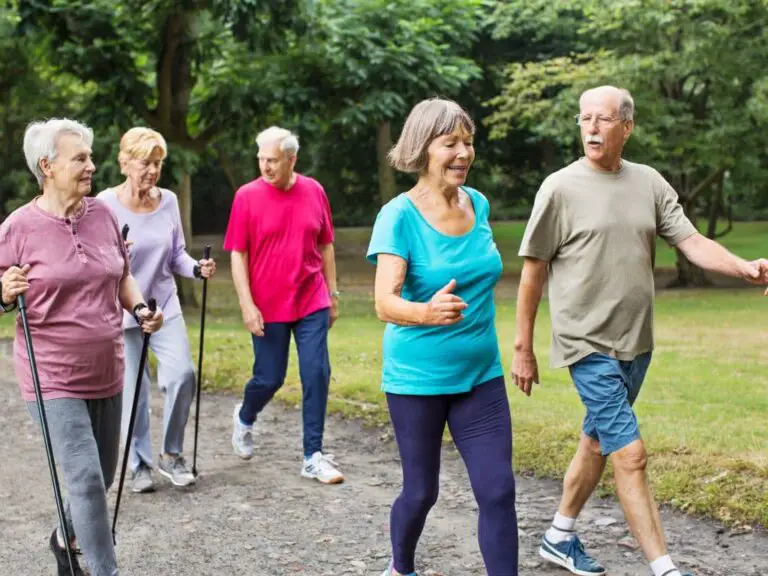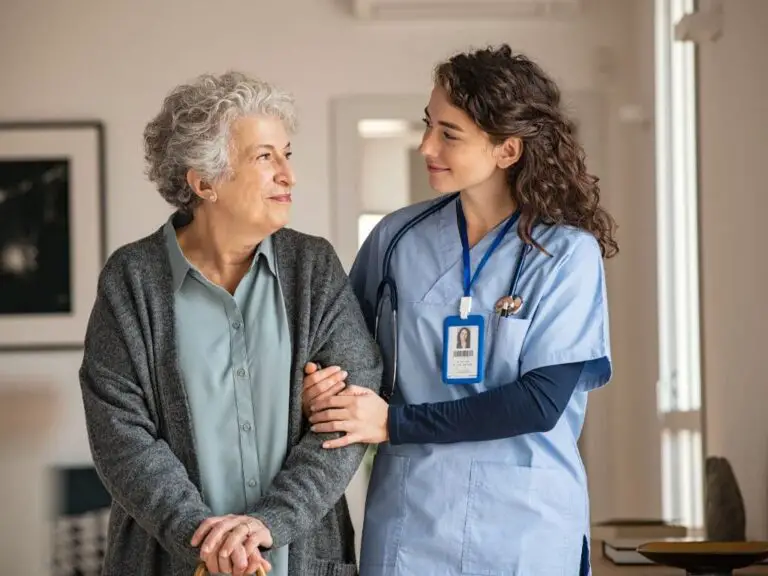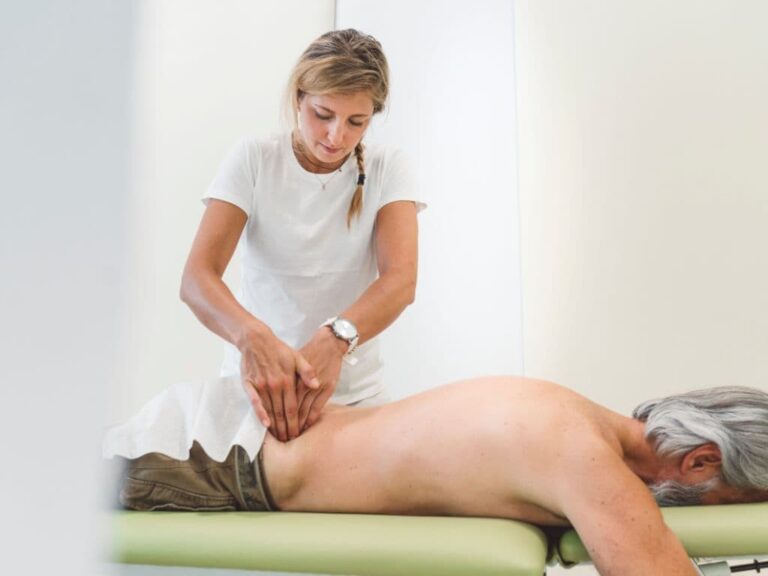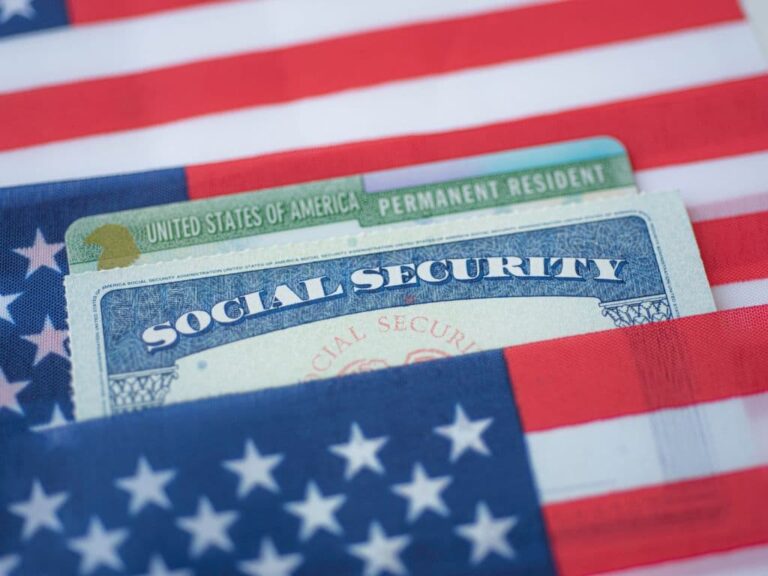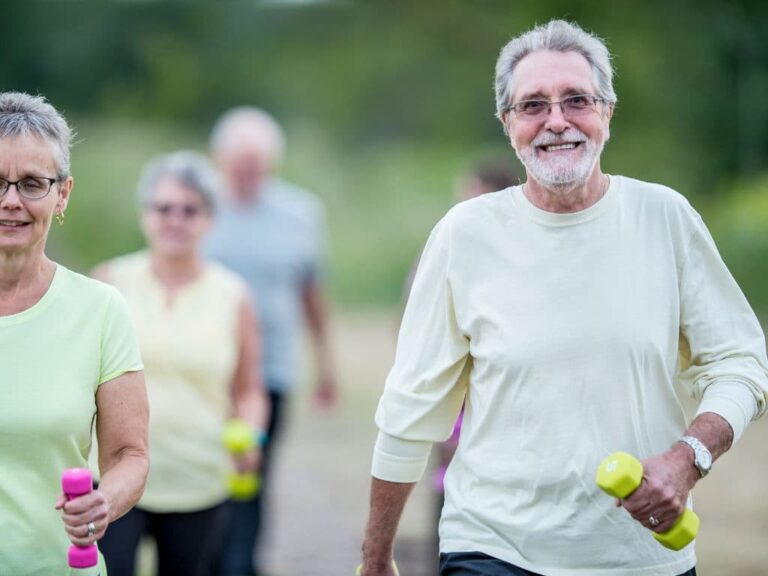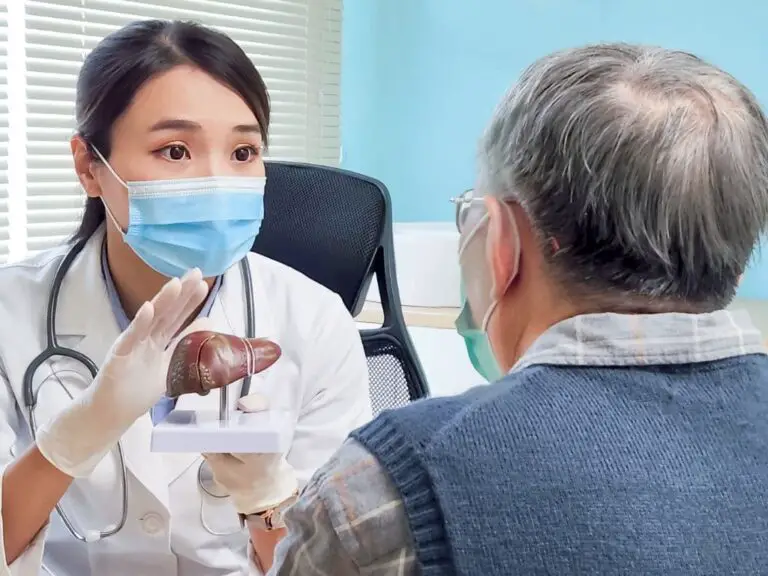Why Do Old People Fart So Much?
Flatulence, also known as farting, is the expulsion of gas from the rectum. It’s a normal bodily function that everyone experiences. However, older adults tend to experience more frequent flatulence than younger people. There are several reasons why flatulence becomes more common as we age.
Older adults tend to experience more frequent flatulence due to several factors such as a slower digestive process which allows more time for fermentation by gut bacteria, aging metabolism that results in unused food being fermented into gas, and weakened muscle tone that can trap gas and cause involuntary expulsion.
Dietary changes in seniors, like increased fiber and calcium intake, or the ingestion of certain medications and dietary supplements can also contribute to excess gas production.
Other contributing factors include the deterioration of digestive enzymes efficiency and worsening food sensitivities and intolerances that lead to increased fermentation and subsequently, more gas.
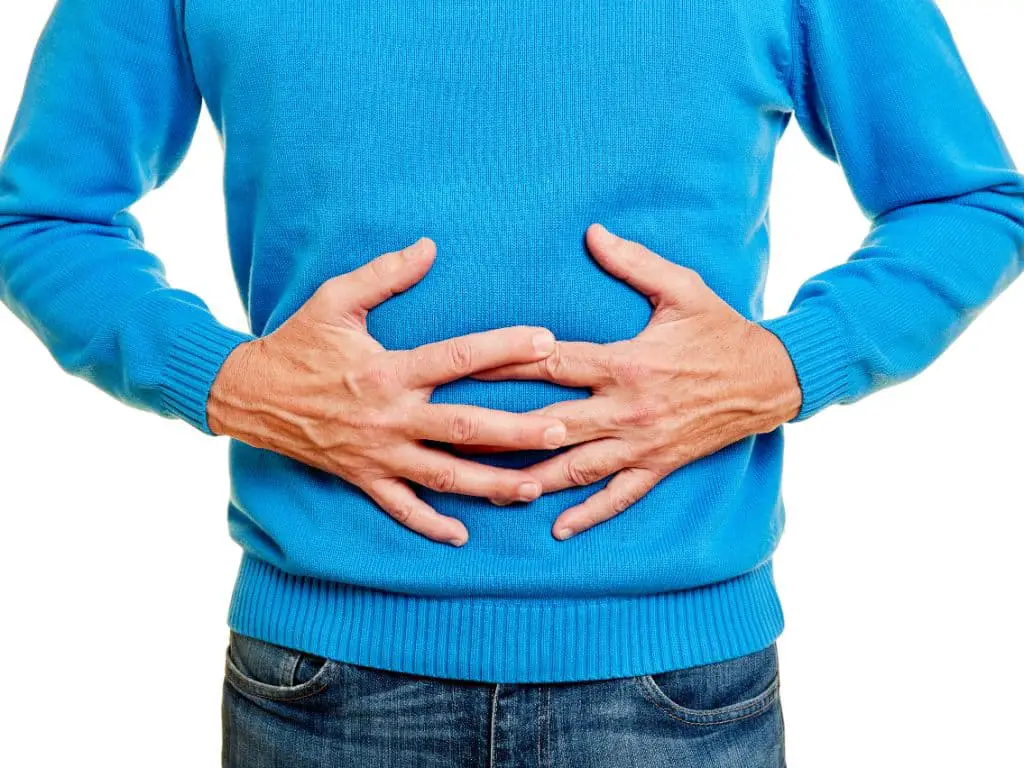
What is Flatulence?
Flatulence is caused by excess gas in the digestive tract. This gas is produced as a byproduct of digestion. Specifically, it’s caused by:
- Swallowed air while eating or drinking
- Gas diffusion in the intestine
- Production of gas by gut bacteria
The average person passes gas around 15 times per day, though this can vary greatly between individuals.
Gas builds up in the intestines until it’s eventually expelled through the anus. The sounds and odors associated with flatulence are produced as the anal sphincter opens to release the gas.
While passing gas may be considered impolite in social settings, it’s a perfectly normal and healthy bodily function. In fact, holding in gas can lead to bloating, discomfort, and other issues.
Why Do Older Adults Fart More?
There are several factors that contribute to increased flatulence in seniors:
Changes in Digestion
As we age, our digestive system slows down. Food moves more slowly through the digestive tract, allowing more time for fermentation by gut bacteria. This leads to increased gas production.
The digestive enzymes we produce also become less efficient at breaking down food. Undigested food particles can linger in the intestines and get fermented, again resulting in more gas.
Changes in Metabolism
Our metabolism naturally slows down as we get older. This means the body extracts less nutrition and energy from food. The unused calories from food end up being fermented in the colon, forming gases like methane and hydrogen.
A slower metabolic rate directly correlates with more flatulence.
Changes in Muscle Tone
The muscles involved in digestion lose tone and strength over time. This includes the muscles of the intestines and the anal sphincter.
Weaker intestinal muscles mean there’s less force to move food and gas through the digestive tract. Gas gets trapped more easily, leading to bloating and flatulence.
A weaker anal sphincter also means it’s more difficult to hold in gas until an appropriate time. This results in more frequent involuntary flatulence.
Diet
Seniors often have different diets than younger adults. Some common changes include:
- More fiber intake to prevent constipation
- More calcium to protect bone health
- More supplements like vitamins and minerals
Fiber and supplements can produce excess gas during digestion. Calcium supplements in particular are known to cause significant gas and bloating.
Some seniors also have food sensitivities and intolerances that get worse with age. Lactose intolerance and gluten sensitivity are prime examples. The indigestible components of dairy and grains get fermented by gut bacteria, producing gas.
Medications
Seniors take more prescription medications than younger people. Many common meds have flatulence as a side effect, including:
- Diabetes drugs like metformin
- Blood pressure meds like ACE inhibitors
- Antidepressants like SSRIs
- Osteoporosis drugs like alendronate
- Over-the-counter antacids
Laxatives and other treatments for constipation can also cause bloating and flatulence. The laxative stimulates the intestines, which produces gas.
How to Reduce Flatulence in Older Adults
While some gas is inevitable, there are ways for seniors to minimize excessive flatulence:
Avoid Foods that Cause Gas
Some foods are more prone to causing bloating and gas. Limiting these foods can provide some relief:
- Beans, lentils, soybeans
- Dairy products if lactose intolerant
- Cruciferous veggies like broccoli, cabbage, cauliflower
- Fruits like apples, peaches, pears
- Carbonated beverages
- Foods with sugar alcohols like sorbitol and xylitol
- High FODMAP foods
Take Over-the-Counter Medications
There are a number of OTC medications that can help reduce gas production and associated discomfort:
- Digestive enzyme supplements to improve breakdown of food
- Probiotics to support the good bacteria in your gut
- Simethicone to break up gas bubbles
- Activated charcoal to trap intestinal gas
- Beano to breakdown indigestible carbohydrates
These provide temporary relief but don’t address the underlying causes of excessive flatulence.
Do Kegel Exercises
Kegel exercises strengthen the muscles of the pelvic floor, including the anal sphincter. This makes it easier to hold in gas voluntarily.
Kegels involve contracting and releasing the muscles used to stop urination. Doing sets of 10 reps, 3 times per day can strengthen these muscles.
This can help reduce accidental passing of gas in social situations. However, holding in gas for too long can lead to bloating and discomfort.
Conclusion
Flatulence is a perfectly normal bodily function. However, various factors cause seniors to pass gas more frequently than younger adults.
Changes in digestion, metabolism, muscle tone, diet, and medications all contribute to increased gas production as we age. Certain foods, supplements, and medical conditions also play a role.
While excess flatulence can be embarrassing, there are steps seniors can take to minimize symptoms. This includes dietary changes, over-the-counter medications, and Kegel exercises.
With the right prevention strategies, older adults can still enjoy their golden years while avoiding excessive and uncomfortable gas. Paying attention to diet, staying active, and speaking with a doctor can help identify the causes of increased flatulence.
Frequently Asked Questions
-
What your body needs everyday?
Vitamins, minerals, proteins, fats and water are the six most important nutrients.
-
What does every elderly person need?
To stay healthy, seniors may require proper medication. If necessary, this includes proper medical care such as visits to the doctor, foot and eye care, as well as physical therapy and mental therapy.
-
Why is my elderly mother so angry all the time?
There are many reasons seniors throw tantrums. It’s often due to personality changes caused by Alzheimer’s and other types of dementia. Some prescription drugs can cause mood swings or irritation by inter-related side effects.
-
Do elderly need to be touched?
It is important to touch the elderly regularly, even if it’s done gently and with care. Elders want to feel a warm, informal touch. Touch that is warm, caring, secure, encouraging, comforting, and conveys concern. They are more dependent on human touch as they age.
-
Why are old people always cold?
The natural decline in metabolism associated with aging can lead to a decrease in heat production, which could result in seniors not being able to keep their body at 98.6 degrees. A slower circulation may make it more difficult for the body to keep heat. It could also be caused by side effects of medication or aging.
-
Which age group has the lowest self-esteem?
The lowest self-esteem levels were found among younger adults, but it rose throughout adulthood. It reached its peak at the age of 60 before beginning to fall. The American Psychological Association published these results in its latest Journal of Personality and Social Psychology.
-
Why do old people fart so much?
Experts believe your metabolism slows down as you age. This could explain why you may fart more. Your digestive system holds food longer, creating more gas. Your stomach also produces less acid to properly digest the food. Your digestive system, which is made of muscle tissue, also has a lower acidity.
-
How can seniors get better deep sleep?
Relaxation techniques can be used at bedtime. Avoid watching television, using your cell phone or tablet, and don’t go to bed at night. You should go to bed and rise at the exact same time every night. The bed should only be used for sleeping or sexual activity.
-
What causes waking up at 3am?
To sleep better, people who wake up early at night can follow healthy sleep tips. Drinking caffeine or alcohol can disrupt your sleep pattern, particularly if they’re consumed late in the night.
-
Why do elderly stop eating?
You may notice a decrease in appetite in the final days of someone’s life. It is possible that they no longer want to eat or drink. They may find it too difficult to eat or drink. It could also mean they don’t have the desire or need for food.
-
Why do old people wake up so early?
A person’s circadian rhythm shifts by approximately half an hour every decade starting in middle-age. This is partly due to the fact that as we age, our bodies produce less melatonin which makes us wake up earlier.
-
What age do you start to look old?
The biggest changes in the male and female aging timelines usually occur between the ages of 40-54. It’s possible to see changes as early as your 30s. Droopy skin and smile lines are some of the early signs of ageing. Although these changes are quite noticeable, they are normal.
-
What time do most seniors go to bed?
New research published in Healthy Aging and Clinical Care in the Elderly found that over half of retired persons 65 and older reported sleeping between 11 p.m. and 7 a.m. This is contrary to the common assumption that elderly people sleep at night.
-
How do you comfort elderly?
Pay attention, show compassion and offer words of encouragement. An open ear, empathetic attitude and listening can make a big difference in someone’s mood. Encourage them to take care of themselves by exercising, eating healthy, getting enough rest and not putting too much stress on their bodies.
-
Why do you lose confidence as you get older?
It’s normal to feel less confident as you age and face changes in your life, such as retirement or health problems, loss of loved ones, and other significant events.

